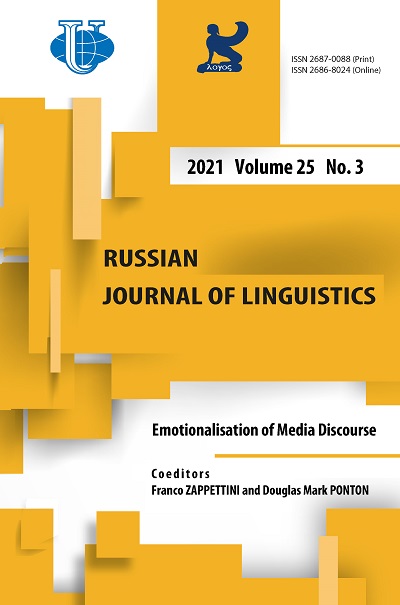
Photo from archive.org
The focus of the paper is to present arguments in favour of a complex set of areas of reference in cross-linguistic analyses of meanings, aimed in particular at the identification… Click to show full abstract
The focus of the paper is to present arguments in favour of a complex set of areas of reference in cross-linguistic analyses of meanings, aimed in particular at the identification of a set of relevant analytic criteria to perform such a comparison. The arguments are based on lexicographic and corpus linguistic data and specifically on the polysemic concept of integrity in English and its lexical counterparts in Polish. It is generally assumed in Cognitive Linguistics, which is taken as the basic framework of the present study, that meanings, which are defined as convention-based conceptualizations, are not discrete entities, fully determined, even in fuller context but rather they are dynamic conventional conceptualizations[13]. Therefore, it is considered essential to identify first their basic, prototypical senses and then their broad meanings , which include, apart from the core part, their contextual, culture-specific, and connotational properties, defined in terms of a parametrized set of semasiological as well as onomasiological properties. The study methodology has also been adjusted towards this multifocused analysis of linguistic forms and considers the interdisciplinary - linguistic, psychological, cultural and social domains to identify the cultural conceptualizations of the analysed forms. In the present case a cognitive corpus-based analysis in monolinguistic English contexts and in the English-to-Polish and Polish-to-English translation data of lexicographic and parallel corpus materials, as well as cultural dimensions will be exemplified to conclude with a parametrized system of cognitive cross-linguistic tertia comparationis to more fully determine their broad linguistic meanings.
Journal Title: Russian Journal of Linguistics
Year Published: 2021
Link to full text (if available)
Share on Social Media: Sign Up to like & get
recommendations!